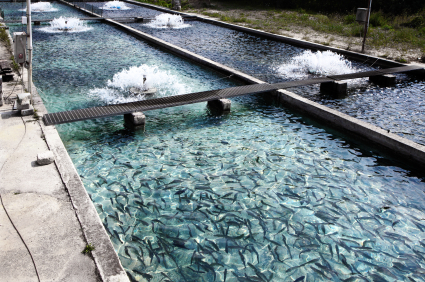Unraveling the menace: detection of antimicrobial resistance in aquaculture
One of the major problems to be addressed in aquaculture is the prominence of antimicrobial resistance (AMR). The occurrence of bacterial infections in cultured fishes promotes the continuous use of antibiotics in aquaculture, which results in the selection of proliferated antibiotic resistant bacteria and increases the possibility of transfer to the whole environment through horizontal gene transfer. Hence, the accurate cultivation dependent and independent detection methods are very much crucial for the immediate and proper management of this menace. Antimicrobial resistance determinants carrying mobile genetic transfer elements like transposons, plasmids, integrons and gene cassettes need to be specifically analysed through molecular detection techniques. The susceptibility of microbes to antibiotics should be tested at regular intervals along with various biochemical assays and conjugation studies so as to determine the extent of spread of AMR. Advanced omic based and bioinformatic tools can also be incorporated for understanding of genetic diversity. The present review focuses on different detection methods to unearth the complexity of AMR in aquaculture.
AMR NEWS
Your Biweekly Source for Global AMR Insights!
Stay informed with the essential newsletter that brings together all the latest One Health news on antimicrobial resistance. Delivered straight to your inbox every two weeks, AMR NEWS provides a curated selection of international insights, key publications, and the latest updates in the fight against AMR.
Don’t miss out on staying ahead in the global AMR movement—subscribe now!







